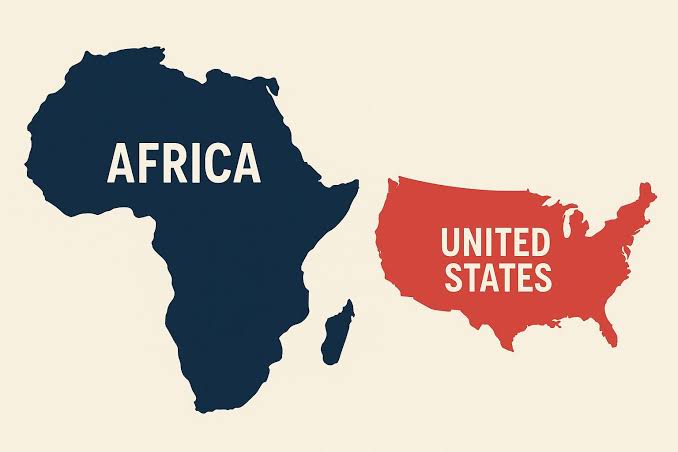
NAFDAC Can Advise on Food Safety, But Not on GMO Crops – Farmers Association President Kabir Ibrahim

The President of the All Farmers Association of Nigeria, or AFAN, Kabir Tukura Ibrahim, has argued that the National Agency for Food and Drug Control (NAFDAC) has a say on what food is safe for human consumption but not on Genetically Modified Organisms (GMOs) seeds or food crops.
During an interview on the GMO debate with AriseTV, Ibrahim stated on Thursday night that NAFDAC may have input. Still, the mandate to say whether GMOs are safe belongs to the National Biosafety Management Agency (NBMA).
When asked by an Arise TV anchor about controversies surrounding GM crops, Ibrahim stated that he supports and embraces the biotechnology that leads to the production of GM crops.
He further stated that the two commercially approved GM crops, Pod Borer Resistant (PBR) Cowpea and TELA Maize, fill the deficit of about 500,000 metric tonnes in Nigeria. According to Ibrahim, this resulted from the cases of insects eating up the leaves, stems, and food crops.
He added that insects can’t attack the release of GM crops like TELA maize and PBR Cowpea and promote good yield for farmers.
To establish that these GM crops are safe for human consumption, Ibrahim said he was given cowpea seeds at a time to plant and confirmed it was secure.
Contrary to Ibrahim’s position, Joyce Brown, the Director of Programmes at Health of Mother Earth Foundation (HOMEF), responded to the argument of increased yield, stating that the promoters of GM crops have confirmed that productivity would decrease after the first planting season.
More so, Brown clarified that such a decrease would have farmers dependent on corporations who sell GM seeds to get the seeds, which takes away the sovereignty of farmers and control of the seeds from the hands of the farmers.
The major challenge is that, with the release of GM seeds, we are giving away control to corporations, as opposed to farmers who currently produce 80% of foods consumed in Nigeria, she said.
Meanwhile, “there are health implications, such as long-term toxicity tests that have been conducted that show liver problems, congenital disabilities, immune disorders, etc, in genetically modified crops,” she added.
It will be recalled that West Africa Weekly reported how the NBMA, by denial, violated the Freedom of Information Act request, which sought the GMO regulatory body to provide the public with the risk assessment conducted to ascertain that both PBR Cowpea and TELA Maize are safe for human consumption.
About The Author
Mayowa Durosinmi
author
M. Durosinmi is a West Africa Weekly investigative reporter covering Politics, Human Rights, Health, and Security in West Africa and the Sahel Region
Mayowa Durosinmi
M. Durosinmi is a West Africa Weekly investigative reporter covering Politics, Human Rights, Health, and Security in West Africa and the Sahel Region
Related Articles
Malian Prime Minister Presents 2025 Government Report, Pledges Stability and Reform
Mali’s Prime Minister, Major General Abdoulaye Maïga, has presented the government’s 2025...
ByWest Africa WeeklyMarch 2, 2026AES Ministers Conclude Roadmap Talks in Ouagadougou, Strengthen Security Coordination
Ministers of the Confederation of Sahel States have concluded high level discussions...
ByWest Africa WeeklyMarch 2, 2026Investigation Links Western Funding Networks and NGOs to African Conflict, Terror Financing, and Organised Crime
A transcontinental investigation has exposed an alleged web of Western-funded organisations and...
ByWest Africa WeeklyMarch 2, 2026Tinubu Approves Additional Endless Federal Road Projects While Old Projects Crawl at Snail’s Pace
President Bola Tinubu has approved a fresh round of federal road projects,...
ByWest Africa WeeklyMarch 2, 2026











